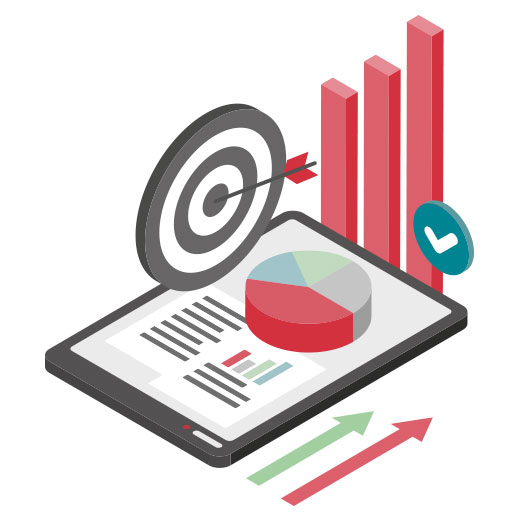Brand power was once the deciding factor when it came time to make a financial decision. From charitable donations to buying insurance, people felt more comfortable and confident when their money was going to an organization or company whose name they recognized.
Now, however, an easily identifiable brand isn’t enough. Your supporters want to feel connected to your organization and they want to see transparency wherever possible. With the understanding that a financial investment is an indication of agreement with your organization's beliefs and goals, your supporters need to trust that they are aligned with who you are.
When it comes to connecting with your audience, there is no tool more useful than your story. How did you get here? What problems are you trying to solve? Why does your organization exist? Why are you involved? You can connect with your supporters on an emotional, trust-building level by sharing your history, your future plans and goals, your advocacy, and the real world impact of your work.

Did you know that there are stories hidden in your data? When you understand the story you want to tell, you can begin to connect seemingly disparate data points: finding themes, milestones, and leads buried in the ones and zeros.
Beyond connecting with your audience, you need to be thinking about connecting with your data. Business information tools like donor management systems and digital marketing platforms are an oft-underutilized source, if you can access the relevant information effectively.
Think of your historical data like a mountain you want to mine: you know that there are generous seams of gold inside, but you’re not sure where to begin digging. Meanwhile, the mission you’re serving needs your attention, there are time sensitive tasks to accomplish, and — though you know it would be to your organization’s benefit to have useful access to your data — there’s no room in the budget for a new system, training, or consultant. And you certainly can’t pull someone away from the work they’re already doing to try and figure it out!

